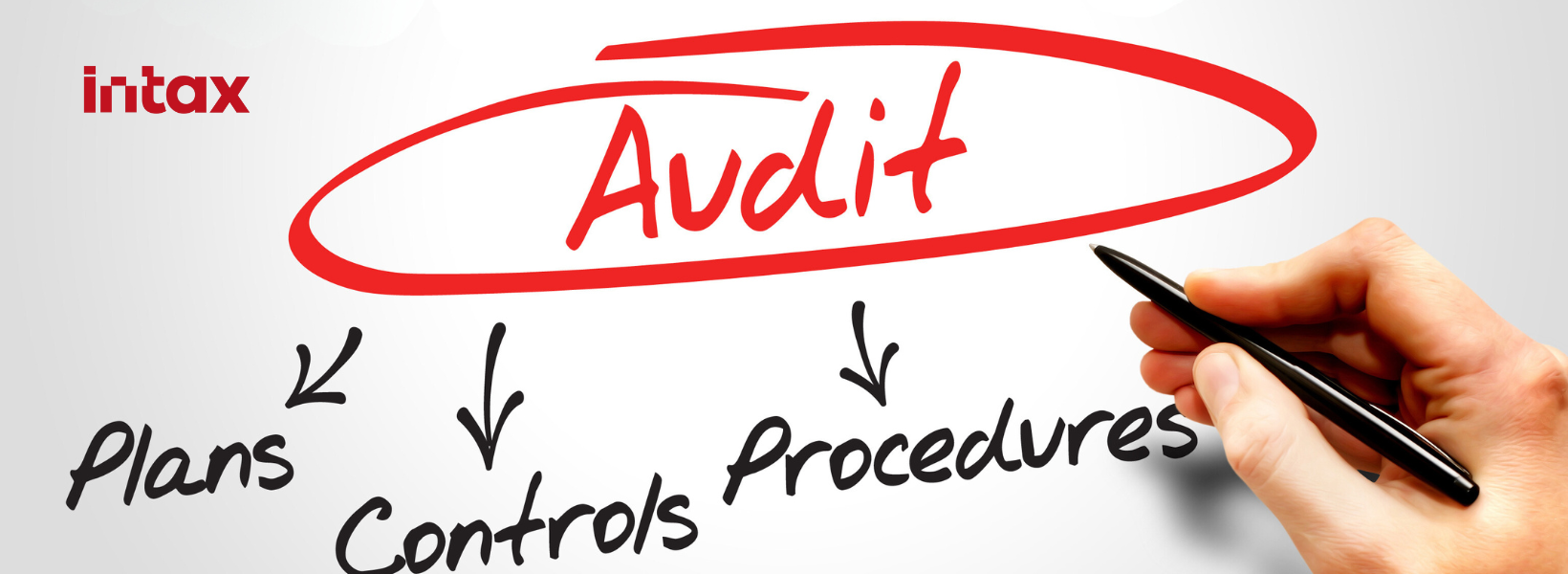In 2023, Revenue completed thousands of interventions, yielding over €787 million from compliance activities, emphasizing its critical role in Ireland’s self-assessment tax system.
A Revenue audit is a systematic review of a taxpayer’s compliance with Irish tax obligations, conducted by the Revenue Commissioners.
Navigating a Revenue audit can be one of the most daunting experiences for business owners in Ireland. As the Revenue Commissioners intensify efforts to ensure tax compliance, understanding the process, common triggers, and potential outcomes becomes essential for taxpayers.
Whether you’re a self-employed individual, SME, or larger corporation, a Revenue audit can touch on issues ranging from VAT discrepancies to payroll compliance. This guide will equip you with the necessary knowledge to handle a Revenue audit confidently, avoid common pitfalls, and emerge with minimal disruption to your business operations.
Types of Revenue Audits in Ireland
Revenue audits generally fall into three categories: Aspect Queries, Profile Interventions, and Comprehensive Audits.
- Aspect Queries focus on a specific issue or declaration, such as underreporting VAT or income tax discrepancies. This type of audit is generally limited in scope and aims to resolve isolated concerns.
- Profile Interventions involve a broader examination of the taxpayer’s profile. This may include examining records over a period to identify risk factors that may indicate potential tax irregularities.
- Comprehensive Audits review a taxpayer’s entire compliance history. These are the most extensive and often involve a detailed examination of various tax heads.
Understanding which audit type you’re dealing with is crucial to preparing a targeted response and ensuring compliance.
Why Revenue Audits Happen?
Revenue selects cases for audits based on various factors, including industry-specific risk, data discrepancies, and reports from third parties. Data analytics tools, such as the Revenue Compliance Intervention Framework, are frequently used to detect unusual patterns in tax returns. Examples of triggers include consistently low profit margins relative to industry norms, missing VAT returns, undeclared income sources, or issues reported by other taxpayers.
Preparing for a Revenue Audit
1. Organize Your Records: Accurate, accessible records are essential. Ensure all tax returns, receipts, invoices, payroll information, and bank statements are up to date and organized for easy access.
2. Understand Your Tax Position: Review your returns and tax positions over the audit period. Be prepared to justify discrepancies, exemptions, or claims made.
3. Cooperate with Revenue: Engage openly and cooperatively. Revenue usually notifies taxpayers of an impending audit with a 21-day notice period. Utilize this time to prepare and seek professional advice if needed.
What to Expect During the Audit?
The audit typically begins with an opening meeting, where Revenue will outline its objectives and scope. Be transparent, provide documents requested, and be ready for follow-up questions. Revenue may perform desk-based audits remotely or opt for on-site audits, depending on the complexity.
Case Study: Successful Audit Resolution
Example Scenario: In 2023, a Dublin-based SME faced a comprehensive Revenue audit after discrepancies in VAT filings emerged. By organizing their documentation, correcting errors proactively, and cooperating fully with the auditor, the business mitigated potential penalties by 50% and resolved issues amicably.
Common Pitfalls to Avoid
- Inconsistent Record-Keeping: Poor records can lead to deeper scrutiny.
- Delayed Responses: Failing to meet Revenue deadlines can result in higher penalties.
- Non-Disclosure of Relevant Transactions: Full transparency is key.
Penalties and Settlements
Revenue may impose penalties for under-declaration of taxes, calculated based on the severity and nature of the non-compliance. For example, deliberate errors may incur higher fines compared to unintentional mistakes. Businesses may qualify for reduced penalties if they proactively disclose issues before the audit concludes.
Why Engage Professional Tax Services?
Navigating a Revenue audit is complex and time-sensitive. Tax preparation and consultancy services, like Intax, offer expert guidance to ensure accuracy, minimize potential fines, and resolve disputes efficiently. By seeking professional help, businesses gain peace of mind, knowing they have experts to assist them every step of the way.
Contact Intax.ie today to protect your business and streamline your compliance with Ireland’s complex tax regulations.






